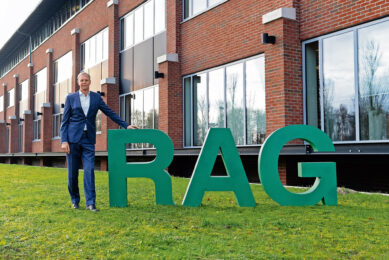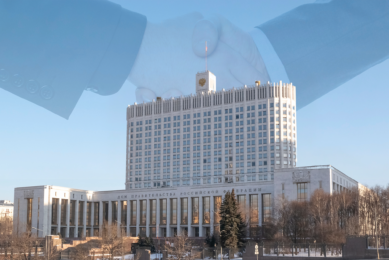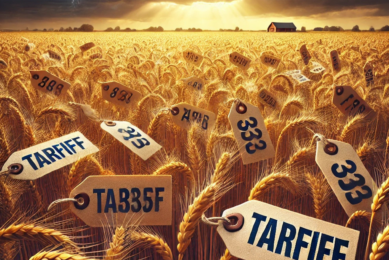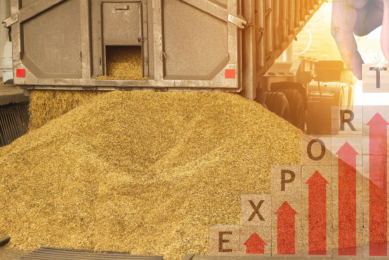Container shortage hampers Russian feed additives import
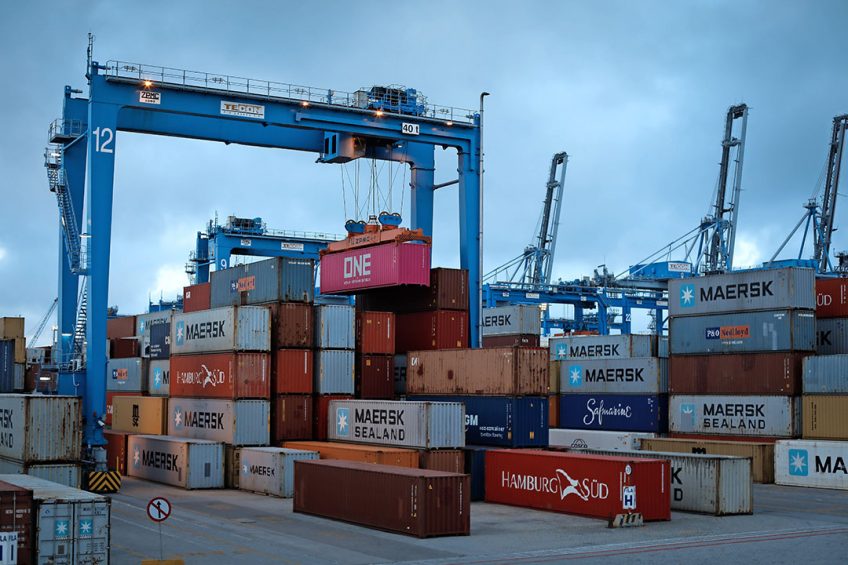
A shortage of containers on the global transport market is hampering Russian feed additive imports, said Sergey Mikhnyuk, chairman of the Russian Feed Union, at a conference in Moscow in December of 2020.
“Market participants are experiencing a problem with the physical import of cargoes to Russia due to the absence of containers,” Mikhnyuk said. As a rule, cargo carriers try to fill containers on a round trip, which means that normally no empty containers are crossing the borders. However, these days, it is not always possible to assemble consignments in the European Union due to the continuing lockdown in several countries.
“Now, the containers are shipped from China to Europe, but the European business is under lockdown, so that the containers stay in Europe, causing a shortage of transport capacities,” Mikhnyuk explained.
Higher logistic costs pressure feed additive prices
“Some unscrupulous market participants have begun taking advantage of this situation raising transport tariffs by at least 50%,” Mikhnyuk said, adding that the higher logistic costs has started to put pressure on the prices for feed additives on the Russian market. However, the Russian Feed Union forecasts that after a strong growth in 2020, the price for feed additives in Russia would remain flat. The prices were driven up by disruption at the production sites as well as exchange currency fluctuations, according to Mikhnyuk.
Feed additive imports on the rise
In January-October of 2020, Russia imported feed additives for Rub32.6 billion ($ 410 million). This is up 10% compared to the same period the previous year, the Russian analytical agency RNC Pharma estimated. Imports of veterinary drugs totalled Rub26.5 billion ($ 320 million), 0.1% lower than during the same period the previous year. Imports have been growing despite the Russian veterinary watchdog Rosselhoznadzor on July of 2020, introducing a complete ban on the import of feed additives from the Netherlands, which was one of the major suppliers of some products to the local market.
The Russian livestock industry is paying Rub 10 billion ($ 160 million) per year on importing feed vitamins, Rub 15 billion ($ 220 million) on imported feed amino acids, Rub 5 billion ($ 80 million) on fermented feed, Rub 7 billion ($ 105 million) on antibiotics, Rub 3 billion ($ 45 million) on mycotoxins neutralisers and Rub 700 million ($ 10 million) on probiotics and prebiotics, the Russian Agricultural Ministry estimated in 2020. Russia has a 90% import-dependence on feed additives, the Feed Union estimated. The country produces only 1 out of 14 feed vitamins, 2 out of 8 amino acids, and 2 out of 8 basic minerals




